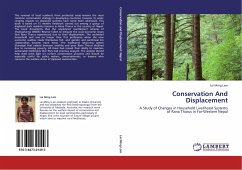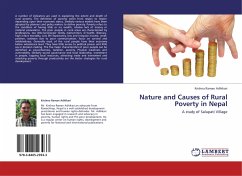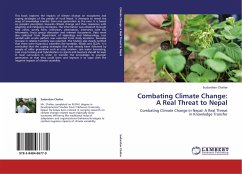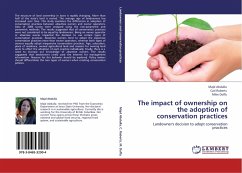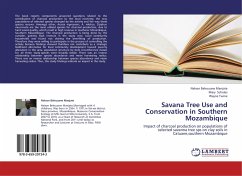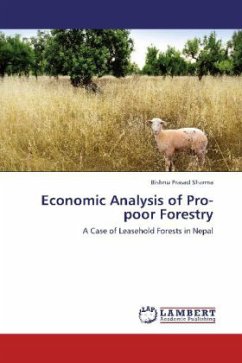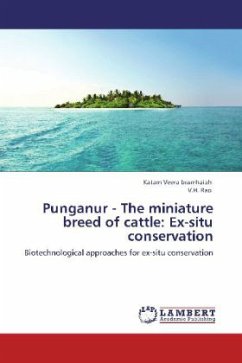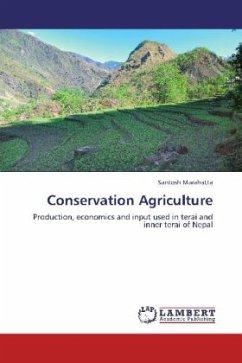The removal of local residents from protected areas remains the most common conservation strategy in developing countries; however its wide-ranging impacts on displaced societies have rarely been addressed. This book is based on 15 months fieldwork carried out among a group of displaced park residents knowns as Rana Tharus in the country of Nepal. The book documents that the unplanned resettlement scheme of Shuklaphanta Wildlife Reserve failed to mitigate the socio-economic losses that Rana Tharus experienced due to their displacement. The undivided household unit was no longer their first preference when the new economic realities made themselves felt, and gender and partilineal kin relationships became more tense. The traditional labouring system (Kamaiya) that existed between wealthy and poor Rana Tharus declined due to increasing poverty. All these had erased their ability to maintain sustainable livelihoods that they had previous enjoyed. The analysis should help shed some light on current conservation practices and should be especially useful for policy makers, conservationists, or anyone who concerns the welfare status of diplaced communities.
Bitte wählen Sie Ihr Anliegen aus.
Rechnungen
Retourenschein anfordern
Bestellstatus
Storno

